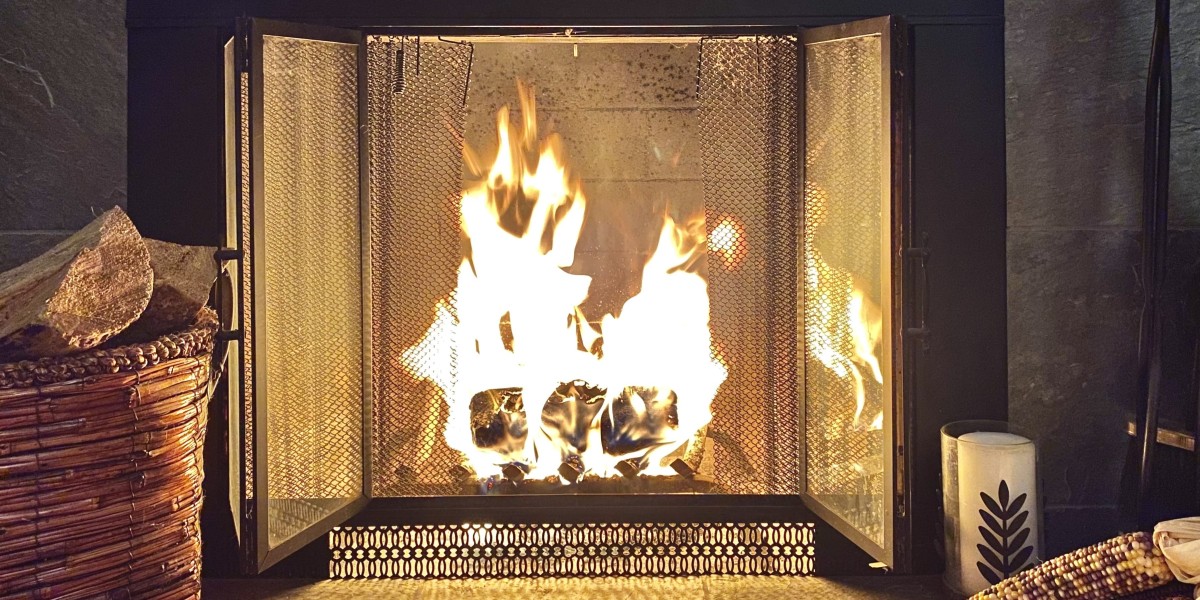As a landlord, it's your responsibility to make sure that all gas appliances, flues and chimneys are inspected annually. You must also give a copy of the report to your tenants.
If the engineer determines that an appliance or installation to be immediately dangerous they will ask permission to cut off the gas supply and suggest that inspection hatches be put in place.
What is a Gas Safety Certificate (GSC)?
A gas safety certificate for landlords is an official document that proves that all gas appliances and flues in the rented property have been checked by a qualified gas engineer. Landlords are legally obliged to conduct a gas safety inspection every year for each rental property they own. The inspection is conducted by a Gas Safe registered engineer and makes sure that all of the pipework, appliances, and flues are in good working order and that they comply with safety regulations.
Landlords are also legally required to give their tenants an original copy of the CP12 Gas Safety Certificate (Gas Safety Record) following each annual gas safety inspection and test. This must be given to current tenants within 28 days of the Gas Safety inspection and given to new tenants at the beginning of their tenure.
CP12 is the abbreviation for the CORGI Proforma 12 that was used by CORGI before it was replaced in 2009 by the Gas Safe Register. The form identifies the date of the last gas inspection and tests, the results of these tests, any actions or issues that need to be addressed, as well as the name of the person who conducted the check.
 The engineer will give advice if the Gas Safety Check reveals any problems with the gas appliance. This will outline what needs to be fixed so that it is safe for use. If an appliance is deemed to be immediately dangerous or Abnormally Lethal, the gas supply will have to be disconnected until the issue has been solved.
The engineer will give advice if the Gas Safety Check reveals any problems with the gas appliance. This will outline what needs to be fixed so that it is safe for use. If an appliance is deemed to be immediately dangerous or Abnormally Lethal, the gas supply will have to be disconnected until the issue has been solved.It is a crime for a tenant to refuse to allow the gas safety inspection to be conducted. If needed landlords can apply to the courts for an order to prohibit the tenant from preventing the gas safety inspections. However, it's more common to write a letter that describes why the check is vital and what is required. This will encourage the tenant who is hesitant to allow access to the house. If not the landlord is not willing, he will have to begin the eviction process.
How often should I get a Gas Safety Certificate?
The landlords and letting agencies are legally required to carry out an annual gas safety inspection on all gas appliances and flues that they provide to tenants. This is done to ensure that the appliances are safe to use and to ensure that there aren't gas leaks within the property. This is a vitally important responsibility and landlords should ensure that they have their gas inspections completed by a licensed gas engineer.
The Gas Safety Certificate (formerly the Gas Safety Check Record) is an official document that proves that the gas inspection was conducted by a qualified engineer in the last 12 months. It is issued by the landlord, and should be provided to the tenant to verify the security of the gas supply. It is valid for 12 months and needs to be renewed every year.
If a landlord does not provide their tenants with an Gas Safety Certificate then they are in violation of the law and could be fined by the local authority. It is therefore essential for landlords to ensure that their Gas Safety checks carried out on time and to keep a copy the documents in case a tenant requests it.
It is also a good idea for landlords to set up inspection hatches on all gas appliances, so that the engineers can easily access the hatches for annual inspections. The engineer will classify the appliance as being at-risk and may suggest that the tenant refrain from using the boiler until the inspection hatch has been installed.
Landlords are also required to give their tenants at least 24 hours' notice before entering the property to conduct Gas Safety Checks. This gives tenants time to prepare and ask permission if needed. If a tenant is refusing entry to the engineer the landlord has to explain why this is necessary and what would happen if the tenant refused. If the tenant is still refusing then the landlord should think about evicting them under section 21 of the Housing Act 1988.
What happens if you don't own a Gas Safety Certificate?
It is the legal responsibility of a landlord to make sure that their property has an approved gas safety certificate before tenants move into. In the absence of this, it's an offence that can cause landlords to be charged and liable to heavy fines. The regulations also stipulate that a landlord must provide an original copy of their gas safety certificate to their tenants on request.
Gas Safe registered engineers must visit the rental home of the landlord to conduct a gas inspection on all gas appliances. During the inspection, an engineer will be able to identify any issues that could be a threat to tenants. The engineer will issue an CP12 Gas Safety Document, also referred to as a Landlord Gas Safety Record (or a Gas Safety Certificate).
This is an important piece of documentation that all tenants should be able to access and keep. The document contains information about gas installations in a rental property, including when they were tested as well as their expiration dates. It can help tenants identify any issues with the installation or appliances and ensure they know how to reach an Gas Safe engineer to have them examined.
Landlords must provide an inspection report on gas safety to their tenants, new and current within 28 days of the date that the engineer has visited their property. The landlord must also provide a copy of CP12 at the beginning of the tenancy. Landlords that fail to provide the copy of the gas certificate could be prosecuted and could face unlimited fines or six months in prison.
Similar to this, landlords should ensure that carbon monoxide detectors are in operation in their properties and have them checked every month. The landlord is accountable for repairing an alarm that does not work. This applies to councils, private landlords, and housing associations and also licensable houses of Multiple Occupation.
In June 2017 in June 2017, the High Court decided that it was unlawful for landlords to issue Section 21 notices if they did not provide their tenants with a valid gas safety certificate. The ruling was based on the law that states that landlords of assured shorthold tenancies must have an approved gas safety certificate for their property prior to the time tenants move in.
How do I get a Gas Safety Certificate (GSC)?
Landlords have a legal responsibility to make sure that the gas appliances, flues, and pipework in their properties are safe for tenants. Gas Safety (Installation and Use) Regulations 1998 regulate this. In order to comply with these regulations, landlords must organize annual gas inspections of all the gas appliances and flues that they provide for use within the property. This is referred to as a CP12 gas safety certificate, and it has to be filled out by a licensed Gas Safe registered engineer after each inspection.
It is also recommended for landlords to think about having the boiler service completed simultaneously with the CP12 inspection, as this will ensure that all gas appliances are working in a safe and efficient manner. Gas engineers can provide an integrated CP12 inspection and boiler service at a reasonable cost. They will examine the seals on boiler burners as well as look for cracks and leaks in the flue system and clean the heat exchanger, and carry out general maintenance.
The CP12 document is commonly called the 'landlord's gas safety certificate', however, it is officially referred to as the Gas Safety Record documentation. It includes the results of the safety tests, as well as details of any problems or actions that must be taken care of. Landlords must give their tenants a copy of the CP12 document within 28 days of the Gas Safety check being completed.
It is important that landlords and letting agents only permit Gas Safe registered engineers access to the property for safety inspections and maintenance. It's important to educate tenants about the importance of giving gas engineers access to the property. They should explain that the engineer is there to safeguard them from carbon dioxide poisoning. If the tenant does not allow access, the landlord or agent must outline the legal obligations in writing. Then, they should visit the property and force entry if required.
Gas Safe ID cards should be requested by tenants before allowing them to enter the property. This will prove that the engineer is competent to work on your home's systems and can therefore be trusted to conduct the safety check. It's important to keep in mind that the gas engineer is legally able to cut off any defective equipment and can cut off gas lines if necessary.









